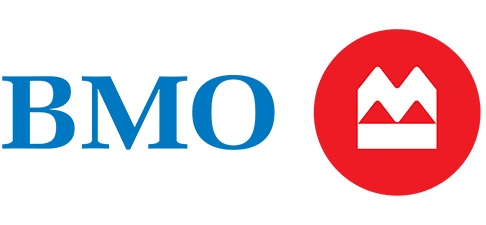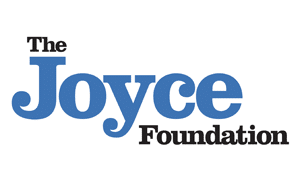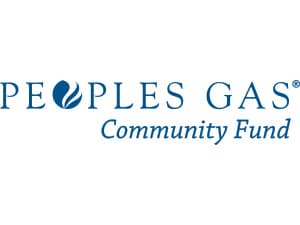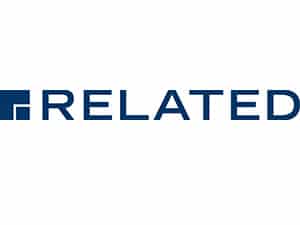This month, we hosted our 22nd Annual Luncheon at the Westin River North, where we welcomed hundreds of supporters to discuss the life-changing impacts of the first five years of a child’s life. Through powerful conversations and presentations with experts in the field, parents, teachers and Start Early staff, we discussed the need for all children, regardless of their background, to have equitable access to the quality health care, early education and intervention services they need to thrive, from before birth continuing through early childhood.
If you were unable to join us, you can watch a recording of the full program below.
This year’s Luncheon theme Start Today. Change Tomorrow is a powerful reminder of the comprehensive and life-changing impacts of early learning and care on the young learners of today and their futures.
For more than four decades, Start Early has led efforts to close the opportunity gap with a laser focus on the earliest years. There is an enormous transformation that happens in the first 1,000 days of life setting the stage for a baby’s cognitive, social and emotional development. A child’s brain is growing at an astonishing rate and changing in shape and size in response to the world around them. These early years are critical and lay the foundation to build resilience, agency and hope so all children can realize their full potential.
In our pursuit of sustainable change, Start Early champions equity and embraces innovation to address complex early childhood issues that many families face today – meaningful policy to improve access for children with disabilities, comprehensive supports for children and families who are unhoused and quality health care for parental and maternal mental health – to pave the way for a more equitable and just future.
We are grateful for the tremendous support and generosity of our donors and event sponsors who helped us raise $1.07 million. Every dollar raised helps our young families and sets the stage for them to thrive. You can still show your support by making a donation today.
I want to extend my heartfelt thanks to our Luncheon Chair James Reynolds, Jr., a leader in Chicago’s business and philanthropic community who shares in our belief that investments in high-quality early education can strengthen families and break the cycle of poverty.
When we come together and invest in early childhood education, we can transform the lives of our future generation.
Our children—and our future—will thank you.









